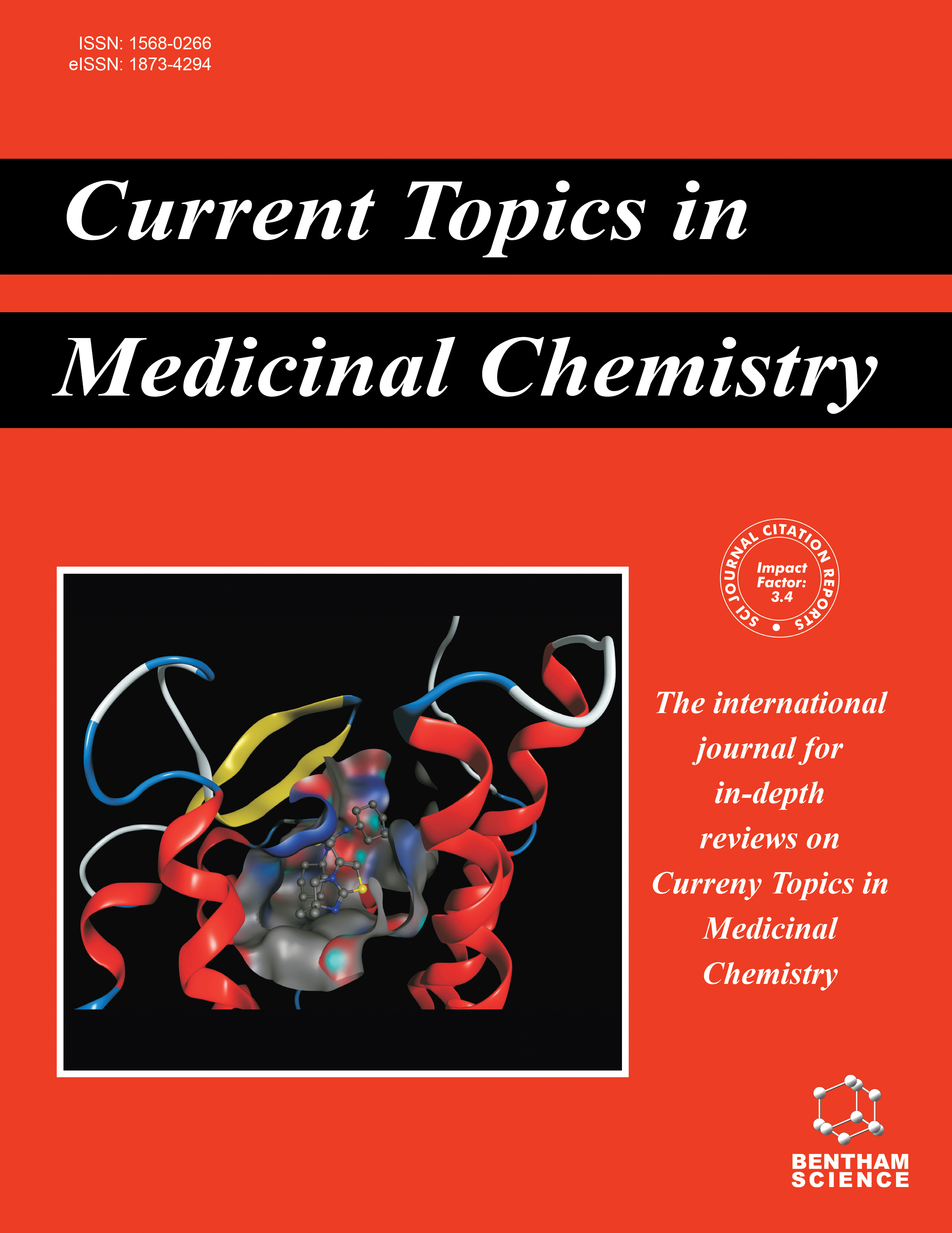-
s Beyond DNA-targeting in Cancer Chemotherapy. Emerging Frontiers - A Review
- Source: Current Topics in Medicinal Chemistry, Volume 21, Issue 1, Jan 2021, p. 28 - 47
-
- 01 Jan 2021
Abstract
Modern anti-cancer drugs target DNA specifically for rapid division of malignant cells. One downside of this approach is that they also target other rapidly dividing healthy cells, such as those involved in hair growth leading to serious toxic side effects and hair loss. Therefore, it would be better to develop novel agents that address cellular signaling mechanisms unique to cancerous cells, and new research is now focussing on such approaches. Although the classical chemotherapy area involving DNA as the set target continues to produce important findings, nevertheless, a distinctly discernible emerging trend is the divergence from the cisplatin operation model that uses the metal as the primary active center of the drug. Many successful anti-cancer drugs present are associated with elevated toxicity levels. Cancers also develop immunity against most therapies and the area of cancer research can, therefore, be seen as an area with a high unaddressed need. Hence, ongoing work into cancer pathogenesis is important to create accurate preclinical tests that can contribute to the development of innovative drugs to manage and treat cancer. Some of the emergent frontiers utilizing different approaches include nanoparticles delivery, use of quantum dots, metal complexes, tumor ablation, magnetic hypothermia and hyperthermia by use of Superparamagnetic Iron oxide Nanostructures, pathomics and radiomics, laser surgery and exosomes. This review summarizes these new approaches in good detail, giving critical views with necessary comparisons. It also delves into what they carry for the future, including their advantages and disadvantages.


